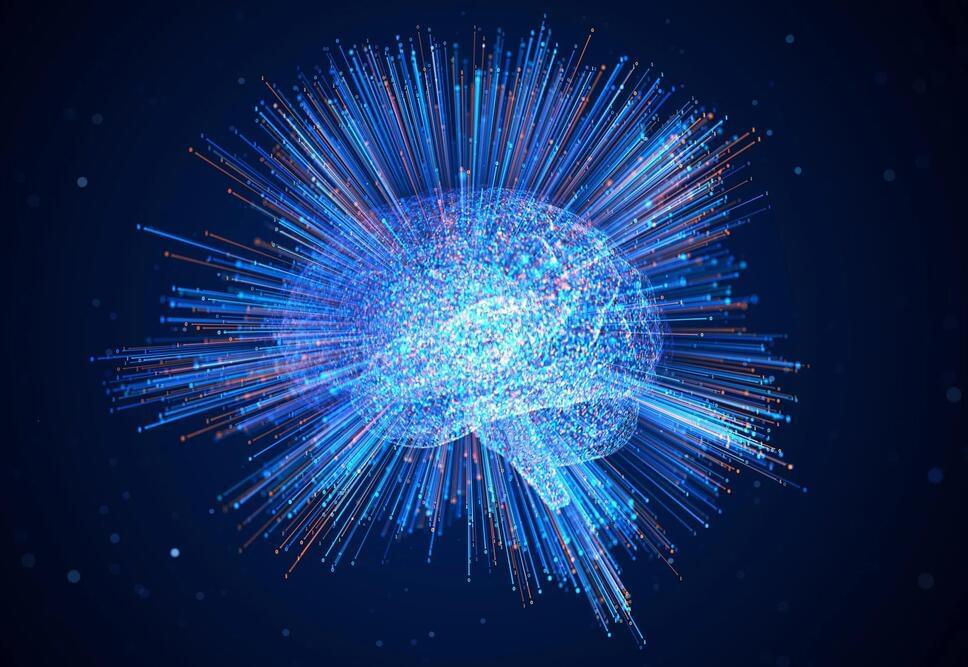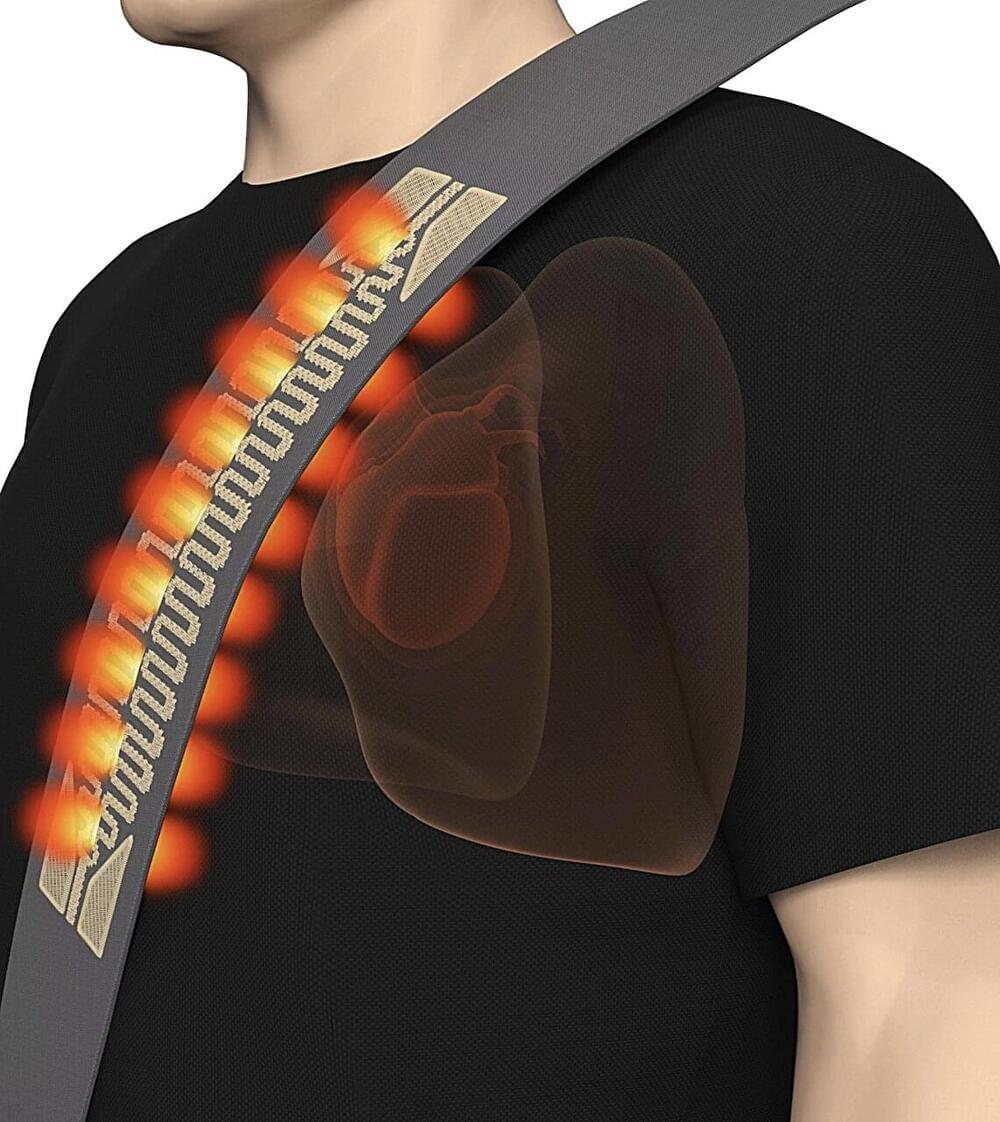The idea here is that we can momentarily counteract through movement. It’s compelling.



Over the past decades, electronics and biomedical engineers have developed increasingly sophisticated biosensors, devices that can pick up biological signals from human users. These sensors, which are generally embedded in wearable or implantable technologies, often do not perform as well in settings where users are moving a lot, such as within a vehicle.
Researchers at the National University of Singapore and Tsinghua University have recently developed a new sensor that can pick up and track biological signals, such as the heartbeat and respiration, without being in contact with the body of users. This sensor, presented in a paper published in Nature Electronics, could be used to pick up the cardiopulmonary signals of humans while they are in dynamic and closed environments, such as a plane cabin, a moving car or a bus.
“Monitoring drivers’ alertness or stress is essential for road safety,” Xi Tian, co-author of the paper, told Tech Xplore. “Existing sensors designed to measure physiological markers of fatigue, such as heart rate and respiration, face challenges in moving vehicles due to the unpredictable vibrational noise. To overcome these challenges, our research focused on developing an automotive biosensor capable of non-contact and reliable health monitoring in dynamic environments.”
Imagine a number made up of a vast string of ones: 1111111…111. Specifically, 136,279,841 ones in a row. If we stacked up that many sheets of paper, the resulting tower would stretch into the stratosphere.
If we write this number in a computer in binary form (using only ones and zeroes), it would fill up only about 16 megabytes, no more than a short video clip.
Converting to the more familiar way of writing numbers in decimal, this number – it starts out 8,816,943,275… and ends …076,706,219,486,871,551 – would have more than 41 million digits. It would fill 20,000 pages in a book.

As efficient as electronic data storage systems can be, they’ve got nothing on nature’s own version – DNA. A new technique for writing data to DNA works like a printing press and makes it easy enough that anyone could do it.
Writing data to DNA usually involves synthesizing strands one letter at a time, like threading beads onto a string. That’s obviously a very slow process, especially when there can be billions of those letters, or bases, in a given DNA sequence.
But the new DNA printing press drastically speeds the process up. The team created a set of 700 DNA bricks, each containing 24 bases, that work like movable type pieces. These can be arranged into a desired order and then used to ‘print’ their data onto DNA template strands.


A critical authentication bypass vulnerability has been disclosed in the Really Simple Security (formerly Really Simple SSL) plugin for WordPress that, if successfully exploited, could grant an attacker to remotely gain full administrative access to a susceptible site.
The vulnerability, tracked as CVE-2024–10924 (CVSS score: 9.8), impacts both free and premium versions of the plugin. The software is installed on over 4 million WordPress sites.
“The vulnerability is scriptable, meaning that it can be turned into a large-scale automated attack, targeting WordPress websites,” Wordfence security researcher István Márton said.


GitHub projects have been targeted with malicious commits and pull requests, in an attempt to inject backdoors into these projects.
Most recently, the GitHub repository of Exo Labs, an AI and machine learning startup, was targeted in the attack, which has left many wondering about the attacker’s true intentions.


Lung cancer is among the leading causes of cancer-related deaths globally, and one of its most prevalent and distressing symptoms is a persistent cough. It’s a startling reality that lung cancer can remain asymptomatic for far too long, with a cough being one of the first indications of its presence.
Among the myriad of symptoms attributed to lung cancer, coughing bears a significance difficult to understate. Here, we outline the basic features of a cough caused by lung cancer.